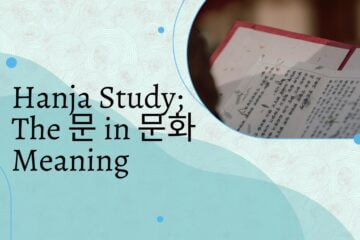Konglish and Loanwords in Korean!
Konglish comes from Korean + English and is the term used to refer to Korean loanwords from English. But there are more words in Korean grabbed from than just English! The biggest would be Chinese which is the origin of Sino-Korean words and numbers, which you can learn more about in my Sino-Korean introductory post.









